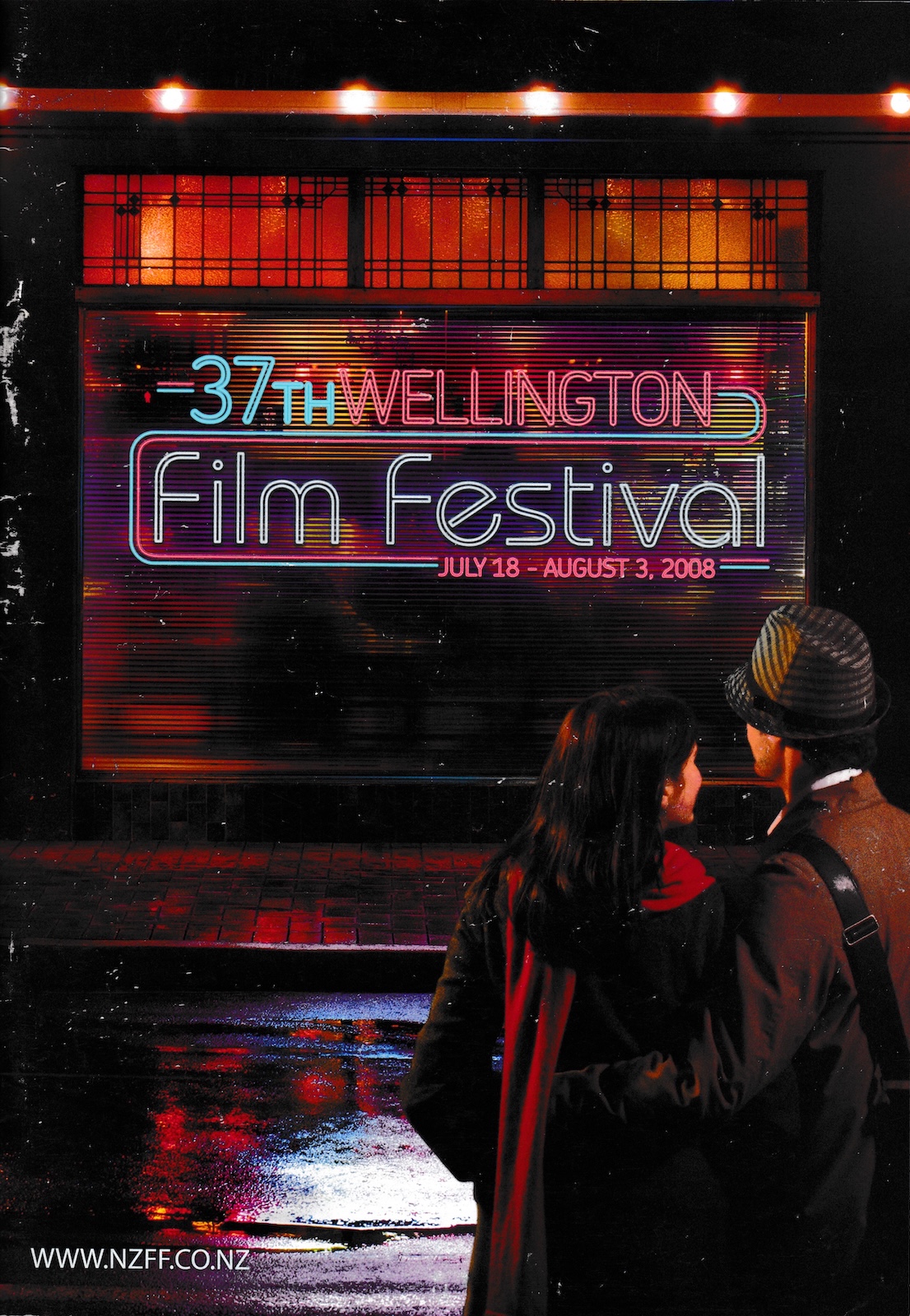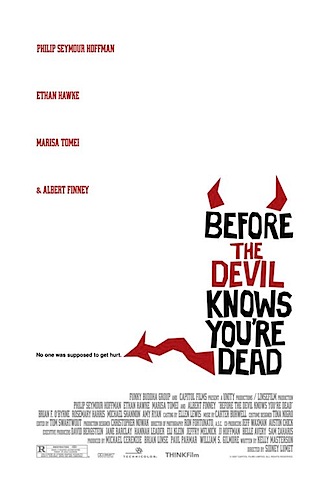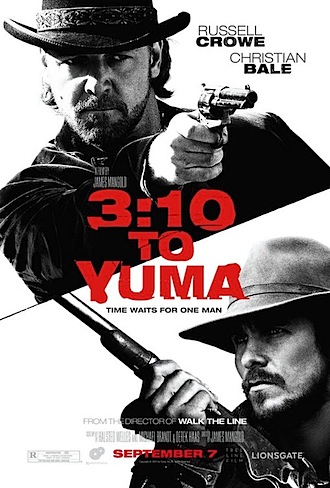You can forget all talk of an Oscar for Heath Ledger's Joker. If anyone is going to win an Academy Award for wearing some dodgy make-up in a noisy blockbuster…
Read More

The Film Festival has been a fixture of Wellington's winter calendar for nearly 40 years and for those of us who organise our lives around glowing rectangles of one kind…
Read More

Two films this week made by screen legends whose careers have settled in to something a little less than their glorious past. Sidney Lumet was making television drama when it…
Read More

The fortunes of the Western rise with the tide of American cinema. During the 70’s indie renaissance we got rugged classics like The Great Northfield Minnesota Raid and The Long…
Read More
Since I took this gig back in September I have seen every film commercially released in Wellington (except for a few Bollywood efforts) and there have been some clunkers, but…
Read More
